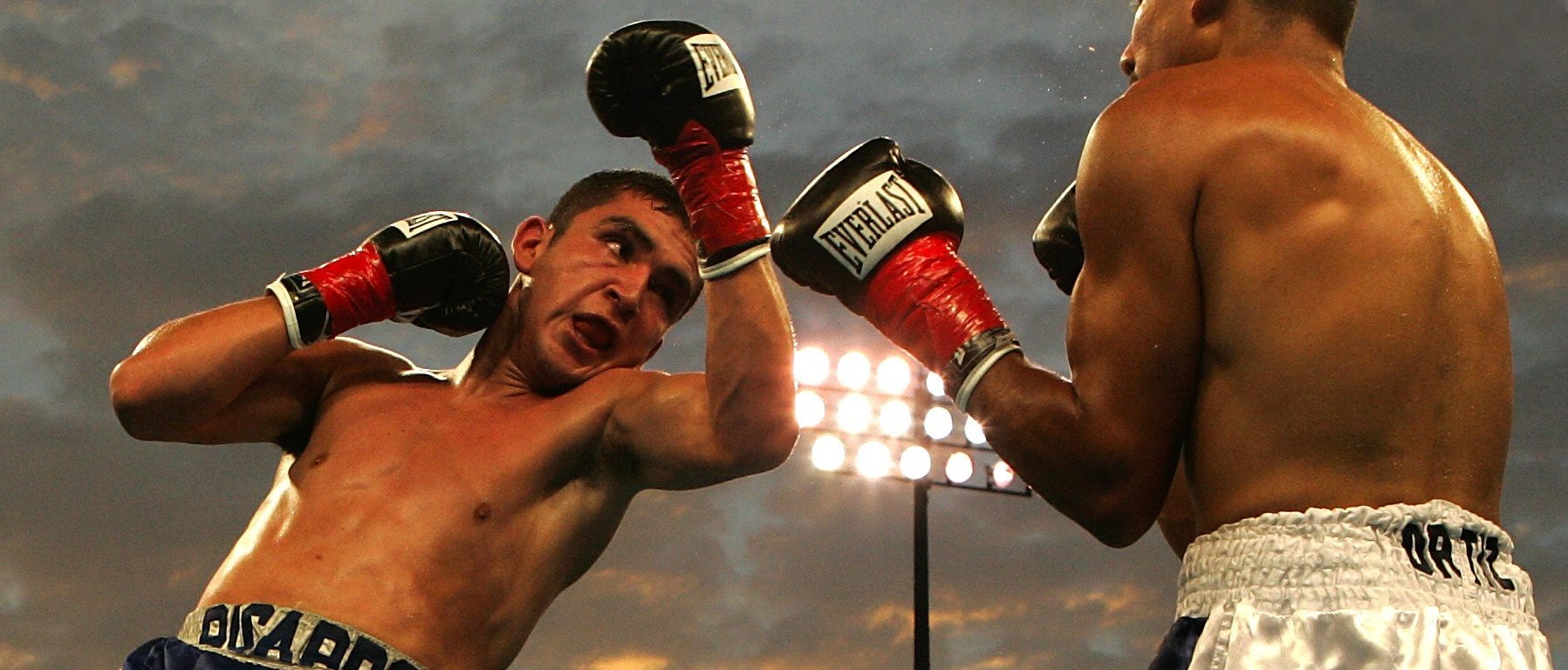What separates a good boxer from a truly great one? Skills? Yes, but not just physical skills. After a certain level, the difference in physical ability is lesser than you may think. Then a fighter encounters others just like them – men and women trained by elite coaches, with hundreds of rounds of the best sparring behind them. Add to that a team of video experts and nutritionists to keep them in shape and they should become nigh impossible to beat. Yet, some never make it to the top. Why is that?
I have read in places that boxing is 95 percent mental but that is extreme exaggeration. Put the world’s best psychologist in the ring and see how that turns out. The physical aspect of the sweet science will always be the most important. But, at fight night, standing across a fighter will be someone with the ability to hurt and embarrass him. Any kind of edge is welcome in such cases. In boxing, that mental edge can decide whether you win or lose.
There are countless examples of fighters using psychological warfare to successfully put an opponent off before a fight. The most popular example is Muhammad Ali before the first fight against Sonny Liston in 1964. The young challenger’s antics were so over the top that Liston probably thought he was mad. As the fight drew closer, Ali became calmer and more collected, perhaps confusing the champion who had no idea what to make of his opponent. The challenger took six rounds to shake up the world.
Another successful act of gamesmanship took place 62 years before Ali became heavyweight champion of the world. In the same division, Jim Jeffries visited Bob Fitzsimmons in the locker room before their title fight and gave the champion a big bear hug. Jeffries was 38 lb heavier and the “hug” must have had an effect on the champion going by how the fight unfolded. The challenger floored Fitzsimmons in the second round, twice in the tenth round and finished off the job with a left hook in the eleventh.
Also, there’s Antonio Tarver’s classic “Do you have any excuses tonight” to Roy Jones Jr in their rematch, after the first fight was controversially awarded to the then pound-for-pound best boxer. Tarver kayoed Jones in two rounds handing the latter the first real defeat of his career. (Jones’s first loss was a DQ against Montell Griffin, a fight he was clearly winning on the cards.)
So, do all boxers have mental toughness?
Of course they do. They have to. Boxing is a lonely sport. Once the bell rings, it’s just the two in the ring. Draws are rare. Most often, one will leave victorious while the other will lose by decision or, worse, get knocked out with thousands of people watching in the arena and on televison. Boxers realize that possibility; they are human after all and they have self-doubts. So, just to get into the ring with as clear a mind as possible is a herculean task. If things don’t go their way, there is no time to mourn. One has to get back up and push on. It’s not easy. Sometimes even the best don’t quite recover from devastating losses, which includes names like Ricky Hatton, the aforementioned Roy Jones Jr, and Jeff Lacy.
Then there are those who do recover from notable defeats. Muhammad Ali lost the Fight of the Century, his first ever loss, but avenged the same opponent twice and also beat George Foreman in that infamous fight in Zaire in 1974. Foreman himself retired two and a half years after the Ali loss. But he did come back in 1987 and won the heavyweight title eight year later at the age of 45. Joe Louis and Marco Antonio Barrera are two other notable fighters who turned their careers around after bad losses. It takes a special fortitude to do that, a rare grit and strength of spirit that perhaps can’t be taught.
Fighters who don’t recover from setbacks are quite clearly not strong in mind, relative to those who manage to engineer stirring career comebacks. However, they are far from “weak.” It takes a special courage to climb through the ropes and dance with glory, pain and fate under the lights. The moment you are good enough to do that you are already mentally among the strongest of the human populace.
( This piece was originally published at whatthisguy.home.blog )


